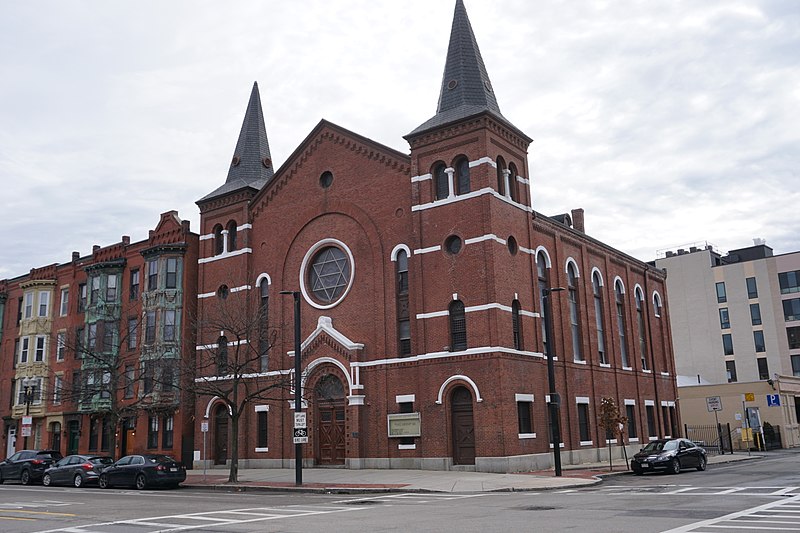A new study by UJA-Federation of New York finds that the executive director/administrator (ED/A) role is increasingly critical to helping synagogues manage mounting challenges to fiscal and operational stability. Yet, less than half of the nearly 2,000 synagogues nationwide have one in place.
“The synagogue ED/A typically comes to the role with experience and a deep commitment to the Jewish community,” says Adina Frydman, executive director, UJA-Federation of New York. “Most ED/As love what they do, but are often overwhelmed by the amount of work, competing demands, and complicated relationships with senior leadership as a result of confusion over their functional roles and authority.”
As a result of these challenges, many synagogues experience rapid and disruptive turnovers of ED/As that impact daily operations. Also, when facing tough economic times, many synagogues try to save money by downgrading the senior administrator position, hiring candidates with limited skills and experience at significantly lower salaries and limited benefits. As a result of these trends, many synagogues have significant operational and program needs that are not being addressed.
The report recommends several proactive, cost-efficient steps that congregations can take to come to a more unified understanding of the evolving role of the ED/A. These include creating job descriptions that accurately reflect core functions and competencies and getting buy-in from all key players in advance. Also, investing in relevant professional training and support for the ED/A individuals should be a priority.
“By its very existence, this study honors the significance of our profession. At the same time it identifies areas in which our professional organizations can focus their work, where we can do better, and where we clearly already excel. This study is another step towards helping our synagogues flourish and better support Jewish communities,” said Susan Z. Kasper, executive director, Tiferet Bet Israel.
“The challenges to the ED/A were consistent and clear. So, too, are strategies for addressing the problems and gaps, including realistic and transparent parameters for the ED/A role and professional development training and support. We hope the Jewish community will benefit from this assessment and the findings can help build stronger, thriving synagogues across North America,” said Frydman.
About UJA-Federation of New York
For more than 100 years, UJA-Federation has brought New Yorkers together to solve some of the most pressing problems facing our community. Through UJA-Federation, more than 50,000 donors impact the issues that matter most to them, pooling their resources to care for Jews everywhere and New Yorkers of all backgrounds, respond to crises close to home and far away, and shape our Jewish future. Working with a network of hundreds of nonprofits, UJA-Federation extends its reach from New York to Israel to nearly 70 other countries around the world, touching 4.5 million people each year. For more information on how to donate or volunteer, please visit our website at www.ujafedny.org.


























